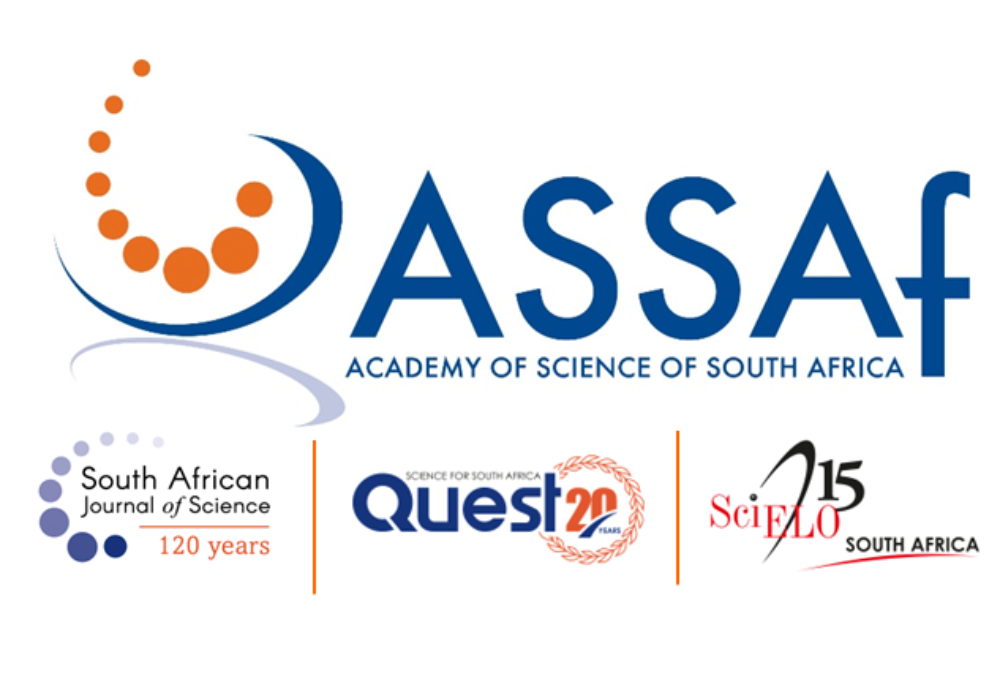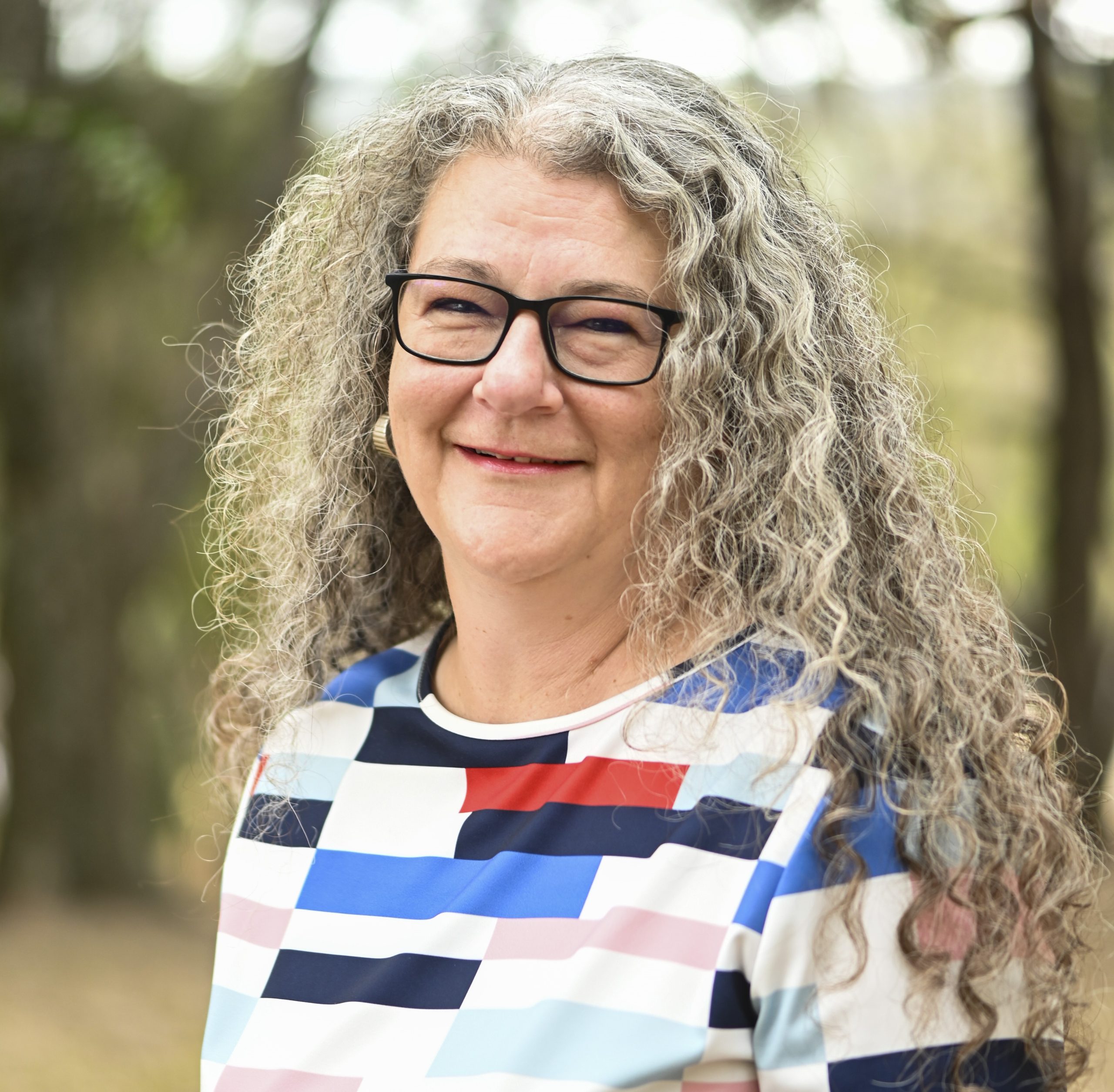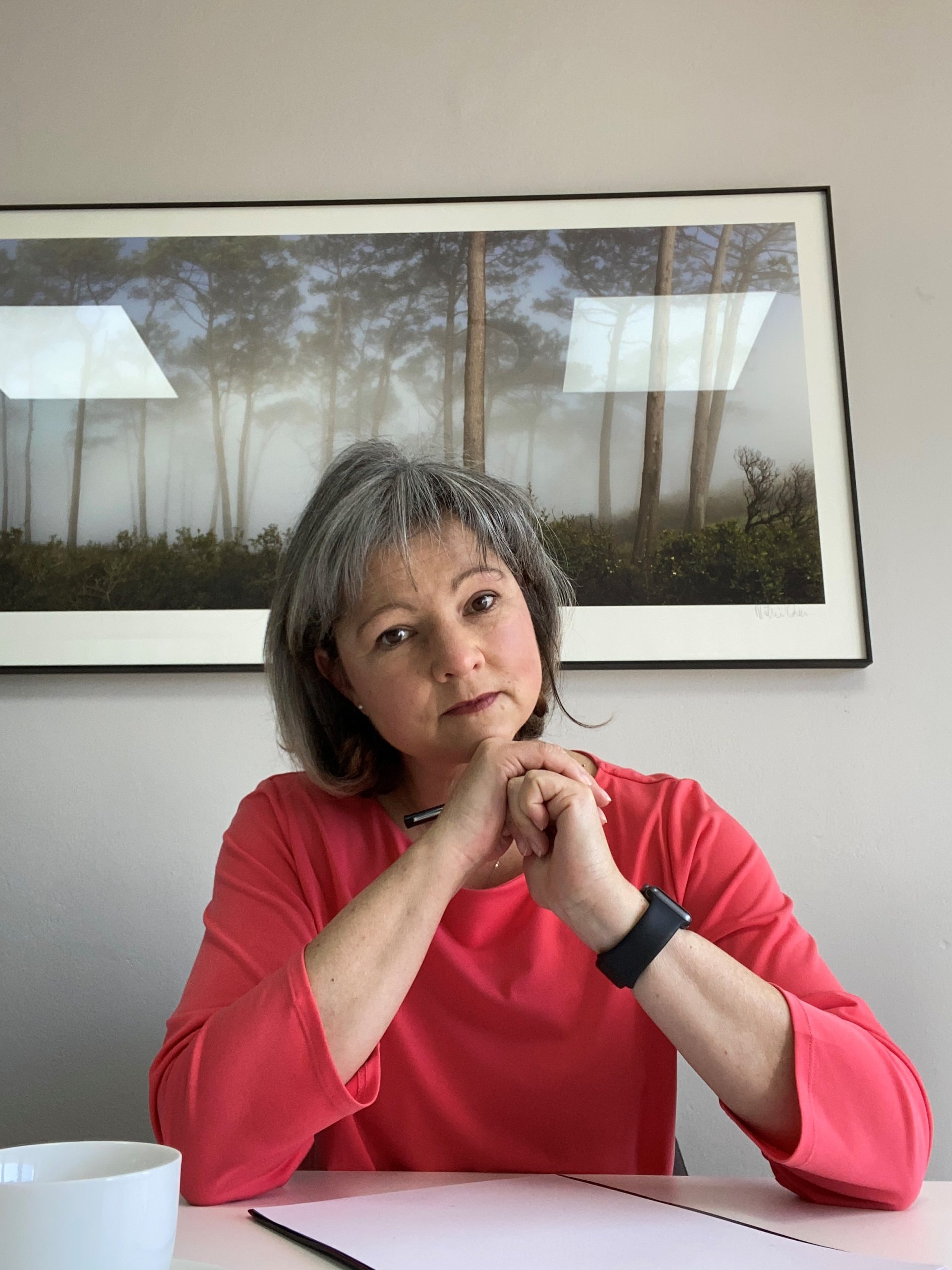Passion for Compassion: Psychological Insights into Palliative Care in South Africa
By: PsySSA’s Division of Registered Counsellors and Psychometrists.
Hospice Week 2025, observed from May 5–11, underscores the vital role of compassionate care in palliative services. In South Africa, where palliative care is predominantly provided by non-governmental organizations, understanding the psychological dimensions of caregiving is essential. This article explores evidence-based psychological research to illuminate palliative care professionals’ challenges and coping mechanisms, aligning with this year’s theme, “Passion for Compassion”, a call to recognize the deep emotional investment and resilience required to care for the terminally ill.
Psychological Challenges in Palliative Care
Palliative care professionals in South Africa face multifaceted stressors that impact their psychological well-being. A qualitative study by Smith et al. (2020) identified key stress domains: Professionals may experience compassion fatigue, vicarious trauma, or burnout due to ongoing emotional demands.
- Nature of Work: Regular exposure to death and dying can lead to emotional exhaustion and existential distress (Smith et al. 2020). Caregivers operating in under-resourced townships often confront high rates of HIV/AIDS, tuberculosis, and cancer, increasing both caseloads and emotional burden.
- Community Engagement: Working in diverse communities presents challenges, including safety concerns and resource limitations.
- Patient and Family Interactions: Managing complex family dynamics and patient expectations requires emotional resilience. The cultural diversity of South Africa also necessitates sensitivity to varied beliefs around death, dying, and caregiving.
- Organisational Factors: Limited resources, staff shortages, and administrative burdens contribute to work-related stress (Smith et al. 2020). Public-sector underfunding and dependency on donor funding often lead to job insecurity and limited professional development. The psychological impact is compounded in rural areas, where access to mental health support is particularly scarce (Skeen et al., 2019).
These stressors are exacerbated by broader socio-economic factors, such as poverty and healthcare disparities, intensifying the emotional labour required in palliative care settings.
Coping Mechanisms and Resilience
Despite these challenges, palliative care professionals employ various coping strategies to maintain their psychological health (Smith et al., 2020):
- Social Support: Engaging with colleagues, friends, and family provides emotional sustenance. Peer debriefing and team cohesion have been shown to buffer against burnout.
- Self-Care Practices: Activities like exercise, meditation, and hobbies help reduce stress. Mindfulness-based interventions have effectively reduced emotional fatigue among healthcare workers (Irving et al., 2009).
- Professional Boundaries: Setting clear work-life boundaries prevents burnout and promotes well-being. Encouraging work-life balance is particularly crucial in hospices where 24-hour on-call duties are common.
- Positive Reframing: Focusing on the meaningful aspects of caregiving enhances job satisfaction. Many staff report a sense of purpose and spiritual fulfilment through their work, which helps counterbalance the emotional demands (Meier et al., 2016).
These strategies underscore the importance of organizational support systems that foster a culture of compassion and resilience among healthcare workers.
Integrating Spiritual Care
Spiritual care is a critical component of holistic palliative services. A study conducted in Soweto found that patients receiving spiritual support experienced less pain and were more likely to die in their preferred setting, often at home (Ratshikana-Moloko et al., 2020). However, a national survey revealed significant gaps in spiritual care training among hospice staff, highlighting the need for standardised curricula and resources (Mahilall & Swartz, 2021). This is particularly relevant in a culturally diverse nation like South Africa, where spiritual beliefs significantly shape end-of-life decisions.
Integrating spiritual care into routine practice requires collaboration with chaplains, traditional healers, and community leaders. Formal guidelines by the Hospice Palliative Care Association of South Africa (HPCA) recommend such inclusive approaches, yet implementation remains inconsistent.
Educational Imperatives
Education and training are pivotal in equipping healthcare professionals with the skills necessary for effective palliative care. Despite including palliative care in undergraduate programs across South African universities, the depth and consistency of training vary. Only one university met the recommended 40-hour training benchmark set by the European Association of Palliative Care (McMillan et al., 2024). Enhancing educational frameworks is essential to prepare practitioners for the complexities of palliative care delivery.
The theme “Passion for Compassion” encapsulates the dedication of palliative care professionals who navigate psychological challenges with resilience and empathy. Addressing systemic issues, enhancing training, and fostering supportive work environments are crucial to sustaining compassionate care in South Africa’s palliative services. By investing in caregivers’ psychological well-being, we uphold the dignity of those they serve.
Authors: Ms Genevieve Burrow and Ms Rekha Rao Kangokar





















